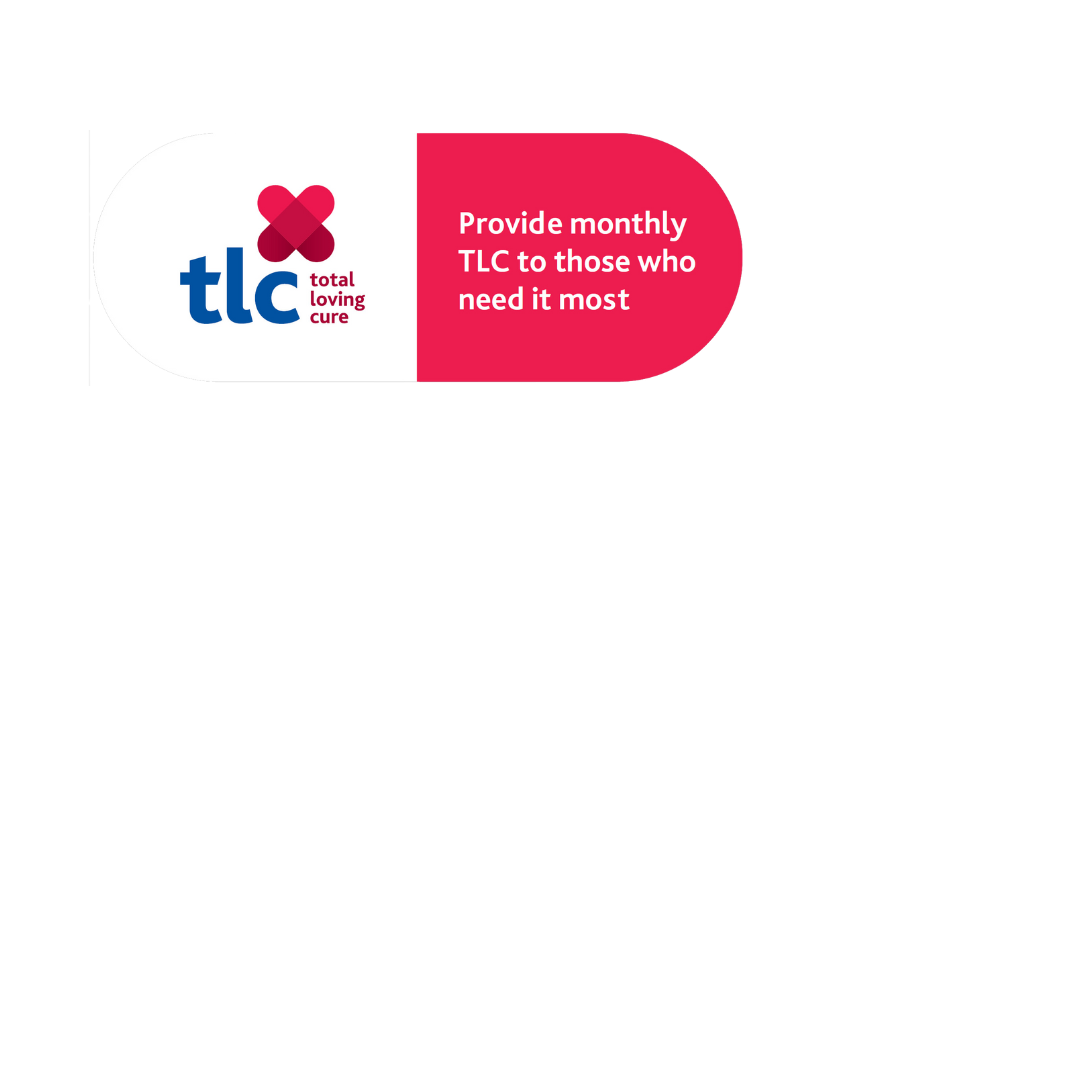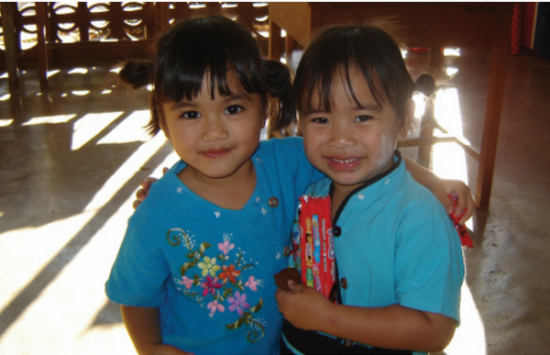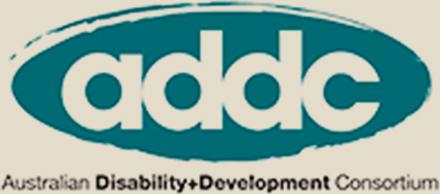Yes! I want to help end leprosy with TLC – Total Loving Cure! I will commit to a regular monthly donation now!
What is Total Loving Cure?
Total Loving Cure (TLC) starts with diagnosis of the infection and typically cures the disease and rehabilitates the patient.
This is not where TLC ends, however; sadly, the cure does not wipe out the stigma associated with the disease, and so TLC continues to provide the right support for the individual to readjust and live a happy and productive life. This can be a long and painstaking process that needs ongoing support.
The Total Loving Cure program will give hope, encouragement, and practical support to a person affected by leprosy. As a TLC Giver you will touch the lives of the world’s poorest through your support of The Leprosy Mission Australia’s ministry of total loving cure.
Every 2 minutes, another case of leprosy is diagnosed
Around 8% of these cases are children. As a TLC supporter you'll help prevent transmission through early diagnosis and treatment of leprosy in countries where the disease is endemic.
Towards Zero Leprosy Disability...
If leprosy is treated early enough, nobody should suffer disability from the disease. You will ensure those with leprosy will not suffer from nerve damage, loss of hands and feet, and loss of independence due to leprosy. Leprosy is curable! So no child or adult should be excluded from family, community, school or workplace due to the disease. Your monthly support helps change attitudes and fight discriminatory laws that exclude leprosy-affected people from society.
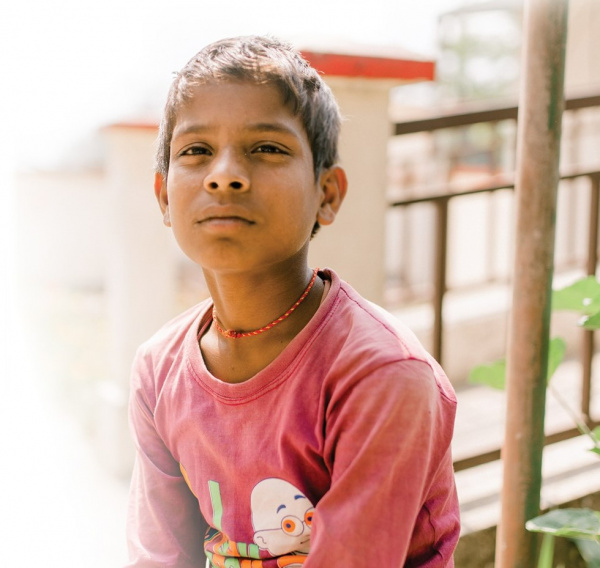
Your generosity will do amazing things
Your monthly support as a Total Loving Cure Partner means that each day those affected by leprosy will receive support such as a decent education, receive medical care they need, and their families are helped to earn an income that will mean they are able to care for their children.
It's all thanks to you and other caring people like you. Everyone at Leprosy Mission Australia really appreciate everything you do to support our work.
As a TLC partner you will see how much you are changing the lives of those affected by leprosy, therefore, we will send you a regular update, with stories of to those you help. Also, at the beginning of the financial year we will send you an annual tax deductible receipt.
Together we can end leprosy from our world.

Education
Learning to recognise the early signs of leprosy is vitally important if people are to avoid the long-term consequences of the disease. The Leprosy Mission runs regular education sessions that explain what the disease is, how it is spread and the importance of early detection.
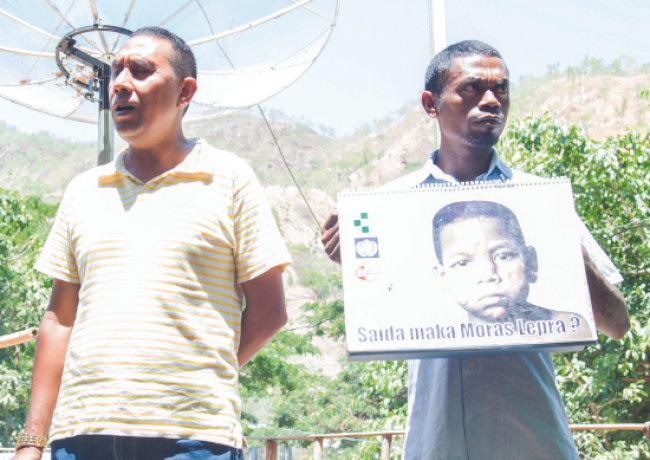
Medication
The first breakthrough in treating leprosy came in the 1940's but it was not until the 1980's that an effective Multi-Drug Therapy (MDT) that can cure leprosy became available. The Leprosy Mission works with local health authorities and other agencies to ensure the provision of MDT.

Physiotherapy
Physiotherapy plays a major role in restoring as much function as possible to leprosy patients. After Surgery, patients must relearn how to use their muscles and build up their strength, or be taught how to manage crutches or artificial limbs. Physio is also used to teach people affected by leprosy how to care for their insensitive hands, feet and eyes in order to prevent disability or the worsening of disability.

Screening
Along with Education, screening sessions are an invaluable tool in catching leprosy in its early stages. If Leprosy can be treated within six months of a patient showing signs of the disease then the chances are extremely good that they will suffer no long-term effects.

Surgery
If not treated early enough, patients with Leprosy can be left with permanent nerve damage particularly to their hands, feet and eyes. Although surgery cannot reverse the nerve damage. In many cases it is able to vastly improve the working function of a leprosy patient's hands or feet and through corrective surgery prevent further damage occurring.

Support
People affected by leprosy often struggle against discrimination and stigma in their communities. Due to injuries suffered through the disease it can be difficult for them to resume the work they were once doing. The Leprosy Mission offers vocational support and other opportunities to begin a business or simply to re-engage and live full lives within society.

Where would you like to help most?
You can choose from the options below where your support goes or where it is needed most.
Total Loving Cure Monthly Giving Terms & Conditions
Please note: Donations of $2 or more are tax-deductible. Due to added security measures, donations below $10 can no longer be processed online. To make a regular monthly gift of $9 or less, please call us on 1800 LEPROSY (1800 537 767).
If the area of need becomes fully funded, your gifts will go where most needed.
Should your personal circumstances change in the future, and you wish to adjust your donations, we have flexible options to help you continue your support in a way that suits you.
To cancel or for all inquiries related to Direct Debit and Credit Card arrangements, please call our friendly Sponsorship team on 1800 537 767 or email sponsorships@leprosymission.org.au
